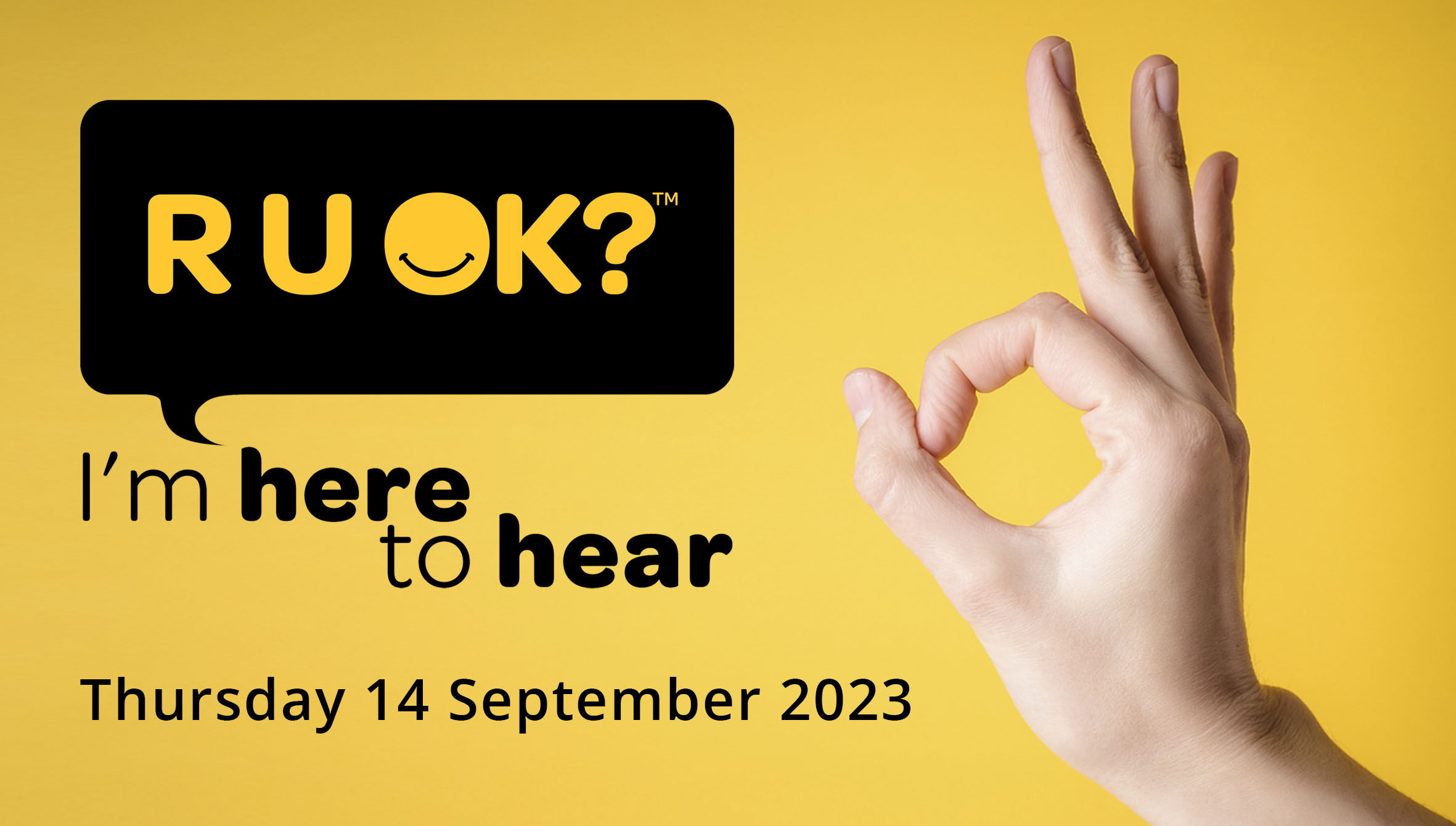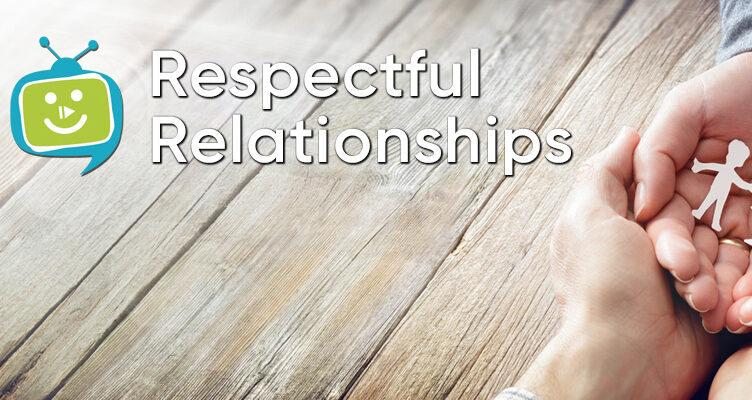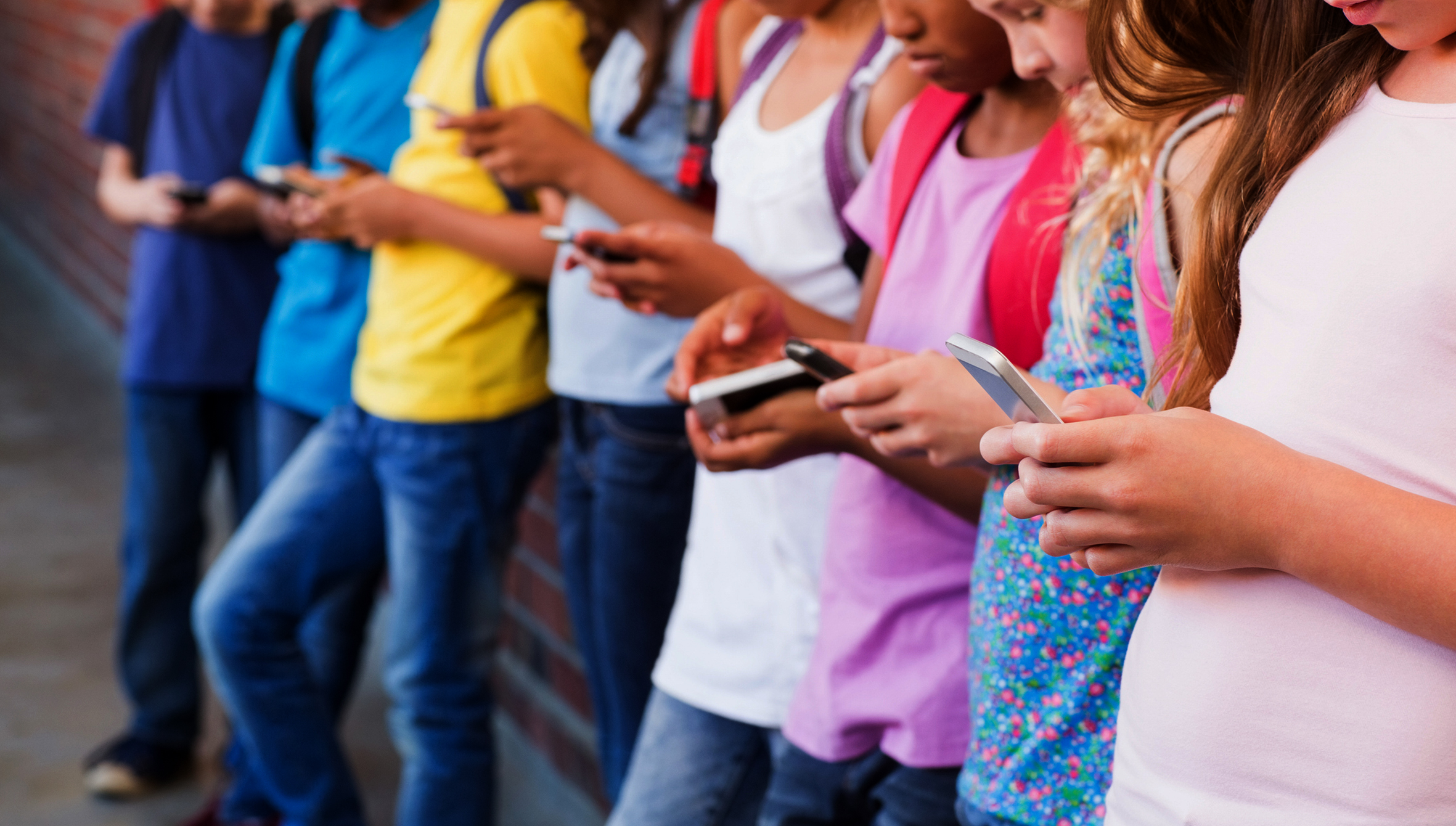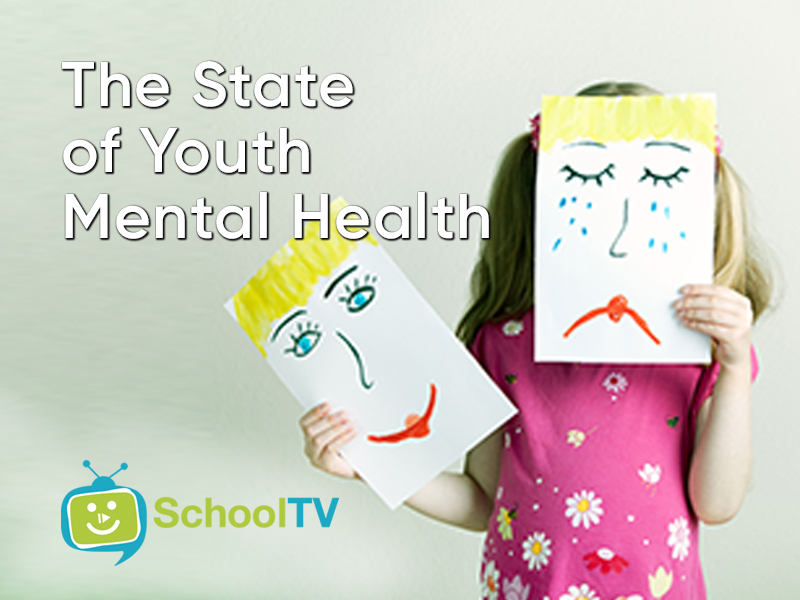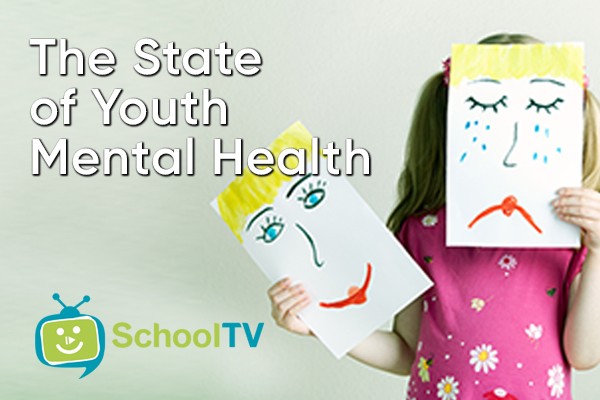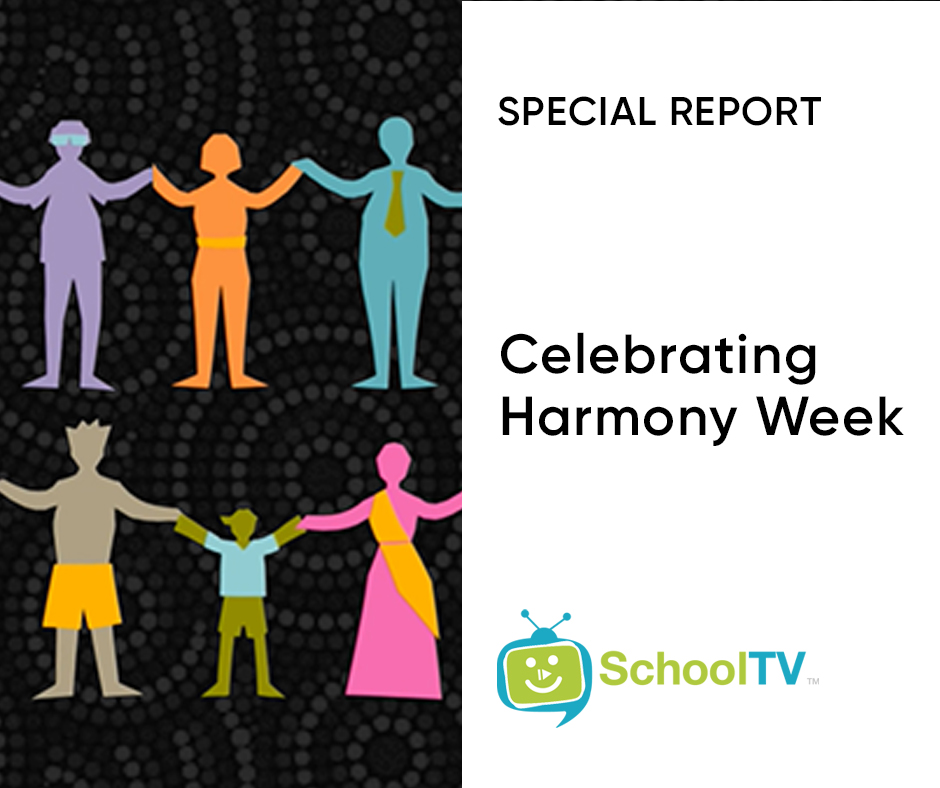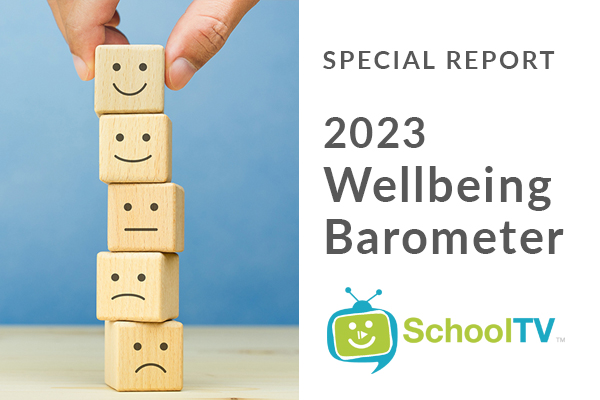
The digital era has made gambling more accessible, and certain factors are elevating the risk of problematic gambling among young people. A new grey area is emerging, with smartphones at their fingertips blurring the boundaries between gambling and entertainment, especially within the realms of video games and social media. The current generation of young people are growing up in an unprecedented time and research highlights that a significant percentage of adolescents are involved in gambling activities.
Reports of young people gambling are frequent with many experiencing adverse consequences such as diminished academic performance and strained relationships. Today’s youth are growing up in a digital age characterised by constant connectivity, and the gambling industry has evolved significantly during their formative years. Simulated gambling, such as in video games, can further increase the likelihood of teenagers transitioning to real-money gambling and developing future gambling-related problems.
It’s crucial to foster open discussions about positive media choices to help children navigate through responsible online gaming and gambling. By encouraging a balanced approach to screen time and promoting alternative activities, will help set some clear boundaries to avoid potential gambling-related issues.
This Special Report provides guidance on how to empower young people to make responsible choices in this digital age. We hope you take a moment to reflect on the information offered, and as always, we welcome your feedback. If this raises any concerns for you, a loved one or the wellbeing of your child, please consider seeking medical or professional help.
Here is the link to your special report https://sbccdbb.catholic.schooltv.me/wellbeing_news/special-report-gambling-young-people-au


